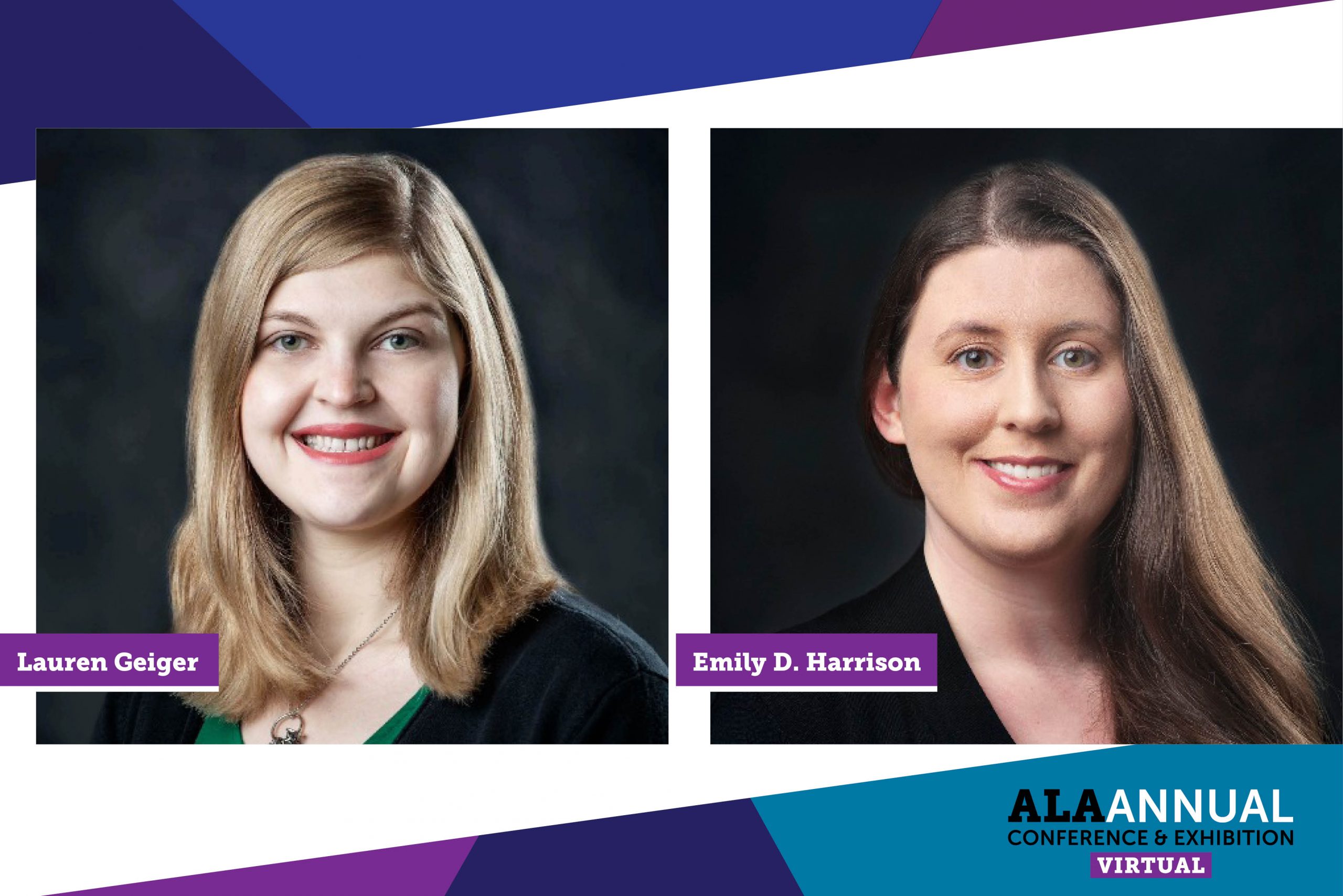
In Their Own Words
January 2, 2024Phan had volunteered for essential duties, including monitoring the parks that remained open, and had become busier than ever as people turned increasingly to outdoor activities. In January 2021, his work took him to central Kentucky, where NPS had recently acquired Camp Nelson, a former US Army base that was once a destination for many … Continue reading In Their Own Words










